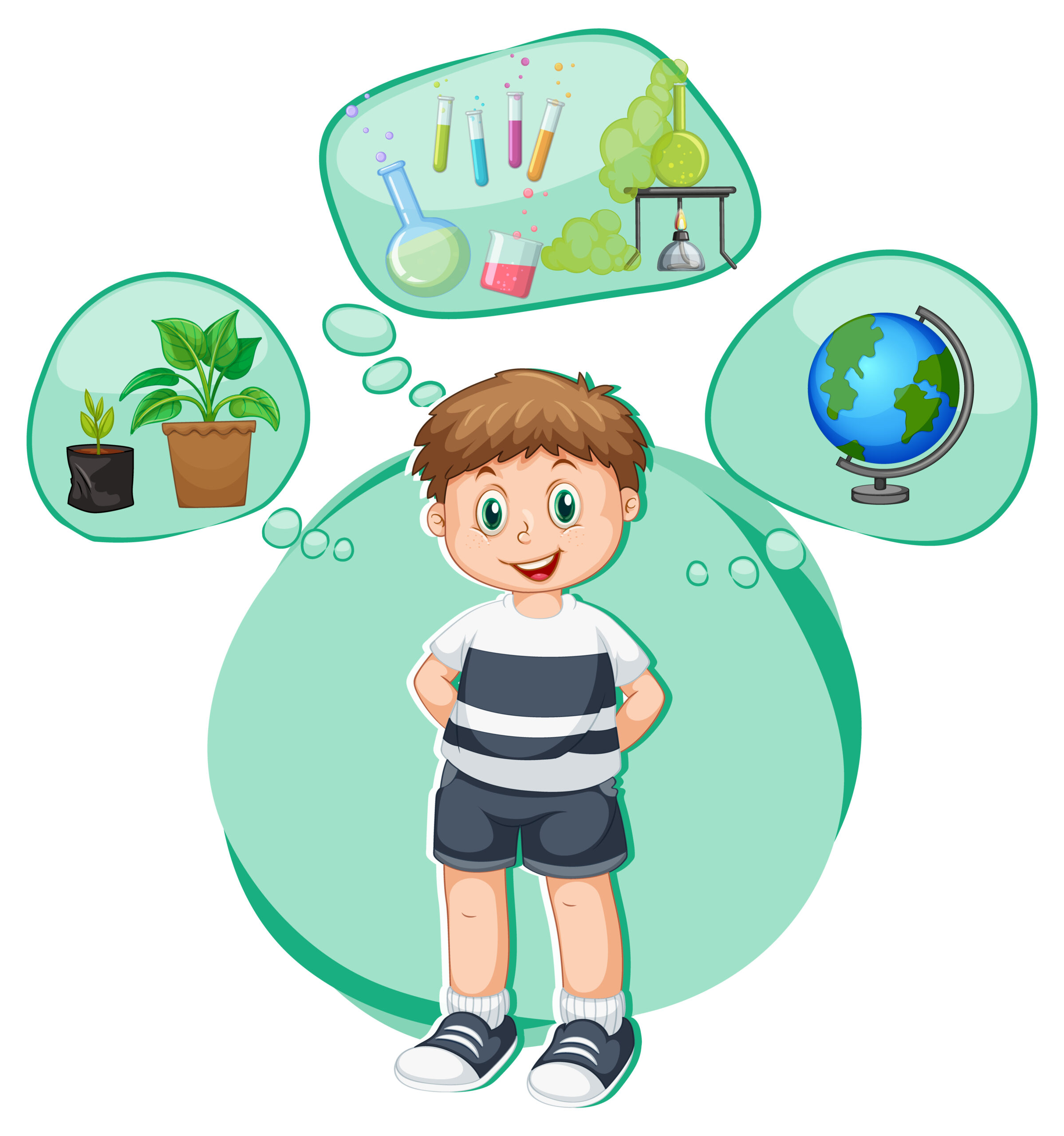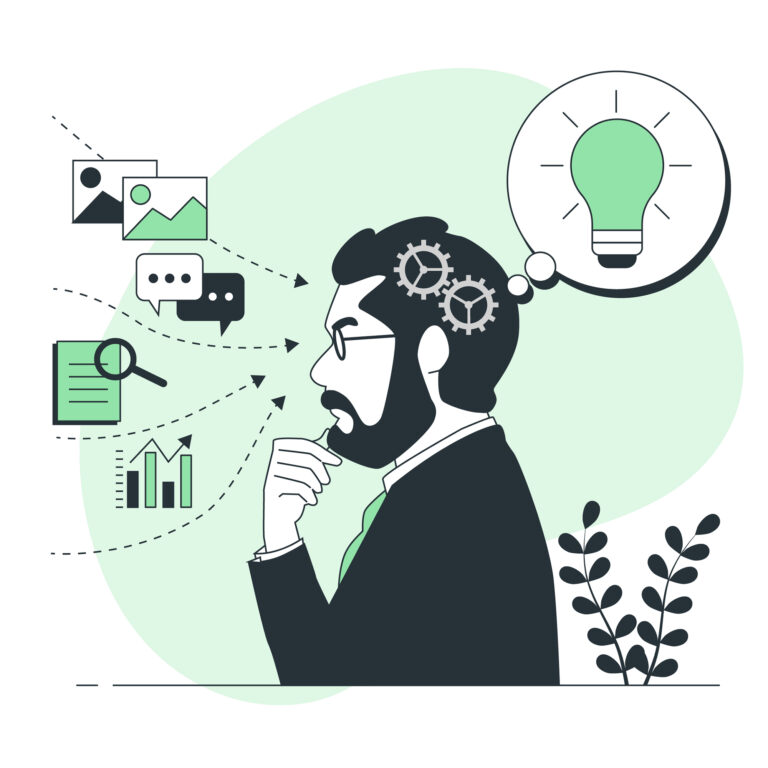A growth mindset for kids is a mindset that believes abilities and intelligence can be developed through hard work, dedication, and persistence. It’s a mindset that sees challenges as opportunities for growth and development, rather than threats to ego or self-image. Do you believe that your abilities and intelligence are fixed, or do you think that they can be developed and improved? Your answer to this question can reveal a lot about your mindset and how it impacts your life.
“A growth mindset is not a destination; it’s a journey. And like any journey, there will be obstacles along the way.” Carol Dweck
In contrast, a fixed mindset believes that abilities and intelligence are innate and unchangeable. It’s a mindset that sees challenges as threats to ego or self-image and often avoids them or gives up easily.
The concept of mindset growth was first introduced by Carol Dweck, a renowned psychologist, in her book “Mindset: The New Psychology of Success.” According to Dweck, a growth mindset is essential for achieving success and fulfillment in life.
In this article, we’ll explore the concept of a growth mindset, its benefits, and practical tips on how to create one.

WHAT IS GROWTH MINDSET?
A growth mindset is a mindset that believes that abilities and intelligence can be developed and improved through hard work, dedication, and persistence. It’s a mindset that sees challenges as opportunities for growth and learning, rather than threats to ego or self-image.
ROLE OF LEADERS IN CULTIVATING A GROWTH MINDSET CULTURE
Leaders play a big role in shaping how people think and grow at work. When leaders believe in learning, effort, and improvement, they help build a growth mindset culture, a place where people aren’t afraid to make mistakes or try new things.
Good leaders encourage their teams to take on challenges, learn from feedback, and see failure as part of the journey. They lead by example, showing that growth is always possible with the right mindset.
By supporting continuous learning and celebrating progress, leaders create a culture where everyone feels motivated to improve, not just compete.
GROWTH MINDSET FOR KIDS
A growth mindset for kids means believing that you can get better at something with practice, effort, and learning from mistakes. For kids, this mindset helps them stay positive, try new things, and not give up when things get hard.
Instead of saying, “I can’t do this,” kids with a growth mindset say, “I can’t do this yet.” That one little word, yet, makes a big difference!
Parents and teachers can help by encouraging effort, praising progress, and showing that mistakes are just part of learning. When kids believe they can grow, they become more confident, curious, and ready to take on any challenge.
GROWTH MINDSET ACTIVITIES FOR KIDS
Activities that focus on a growth mindset for kids can help kids understand the power of effort and learning. Here are a few fun and simple activities to encourage this mindset:
-
“I Can” Journal—Have kids write down something they want to improve at and set small goals. Each time they make progress, they can write about it. This builds confidence and reminds them of their growth.
-
Challenge Cards—Create cards with fun challenges like “Try something new today” or “Learn from a mistake.” Kids can pick a card and work on it throughout the day.
-
Praise Effort, Not Just Results—Play a game or activity, but instead of only celebrating wins, praise the effort and how hard they tried. This helps them see that effort is just as important as success.
-
Mistake Wall—Set up a “Mistake Wall” where kids can post their mistakes and share what they learned from them. This helps them see mistakes as learning opportunities.
GROWTH MINDSET SAYINGS TO INSPIRE KIDS
Growth Mindset Sayings to Inspire Kids
Sometimes, a few simple words can help kids believe in themselves. Growth mindset sayings remind them that learning takes time, effort, and courage. These little phrases can boost their confidence and encourage a positive attitude.
Here are some kid-friendly favorites:
-
“Mistakes help me learn.”
-
“I can’t do it… yet!”
-
“Every day is a chance to get better.”
-
“I learn more when I try my best.”
-
“Challenges help me grow.”
Saying these out loud or writing them down can help kids stay motivated even when things feel tough. The more they hear and believe these words, the stronger their mindset becomes.
GROWTH MINDSET BOOK FOR KIDS
A growth mindset book is a great way to help kids understand that it’s okay to make mistakes and that effort leads to progress. These books use fun stories, friendly characters, and simple lessons to show kids that they can learn and grow even when things feel hard.
The best growth mindset books help children:
-
Stay positive during challenges
-
Believe in themselves
-
Learn from failure
-
Keep trying, even when it’s tough
Whether it’s a picture book for little ones or a short chapter book for older kids, these stories plant the seed that with effort and practice, anything is possible.
How to Develop a Growth Mindset
1. Embrace challenges:
See challenges as opportunities for growth and development, rather than threats to ego or self-image.
2. Focus on progress, not perfection:
Celebrate your progress and achievements, rather than striving for perfection.
3. Learn from failures:
See failures as opportunities for growth and learning.
4. Seek Feedback and Criticism:
Be open to feedback and criticism from others and use it as an opportunity to learn and grow.
Adopting a growth mindset is not merely an educational strategy but a transformative approach to life. It empowers individuals to view challenges as opportunities, setbacks as lessons, and effort as the path to mastery. This mindset fosters resilience, adaptability, and a lifelong love for learning. By embracing the belief that abilities can be developed through dedication and hard work, individuals unlock their potential to achieve personal and professional success. In a world that constantly evolves, cultivating a growth mindset equips individuals with the tools to navigate change, overcome obstacles, and continuously strive for improvement.



